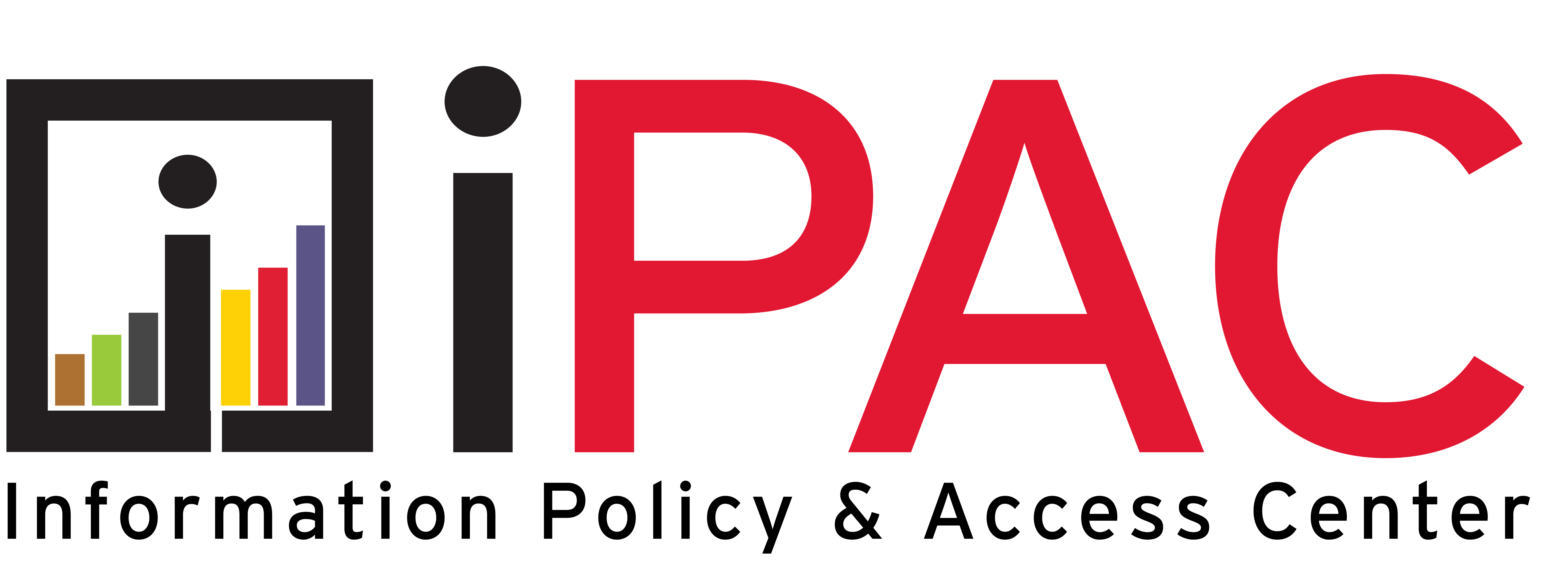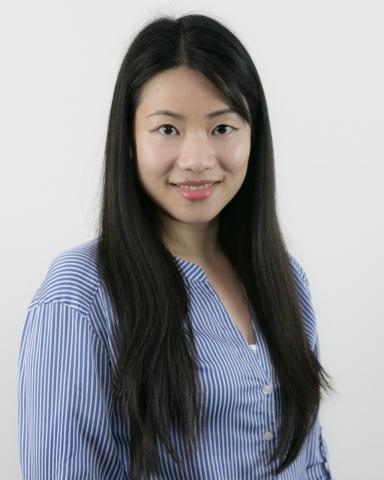Jonathan Lazar
Senior Fellow
Dr. Jonathan Lazar is a professor in the College of Information Studies (iSchool) at the University of Maryland. Dr. Lazar joined the iSchool in 2019, after 19 years as a professor of computer and information sciences at Towson University, where he served as director of the information systems program for 14 years. Dr. Lazar has authored or edited 12 books, including Research Methods in Human-Computer Interaction (2nd edition, co-authored with Heidi Feng and Harry Hochheiser), Ensuring Digital Accessibility Through Process and Policy (co-authored with Dan Goldstein and Anne Taylor), Disability, Human Rights, and Information Technology (co-edited with Michael Stein), Universal Usability: Designing Computer Interfaces for Diverse User Populations, and Web Usability: A User-Centered Design Approach. He has published over 140 refereed articles in journals, conference proceedings, and edited books, and has been granted two US patents for his work on accessible web-based security features for blind users. He frequently serves as an adviser to government agencies and regularly provides testimony at federal and state levels, and multiple US federal regulations cite his research publications. He has been on the executive Board of the Friends of the Maryland Library for the Blind and Physically Handicapped since 2009, co-chair of Cambridge University Workshop on Universal Access and Assistive Technology since 2012, and has been on the program committee of the ACM Conference on Accessible Computing (ASSETS) most years since 2006. Dr. Lazar is the associate director of the Trace Center and core faculty in the Human-Computer Interaction Lab.


